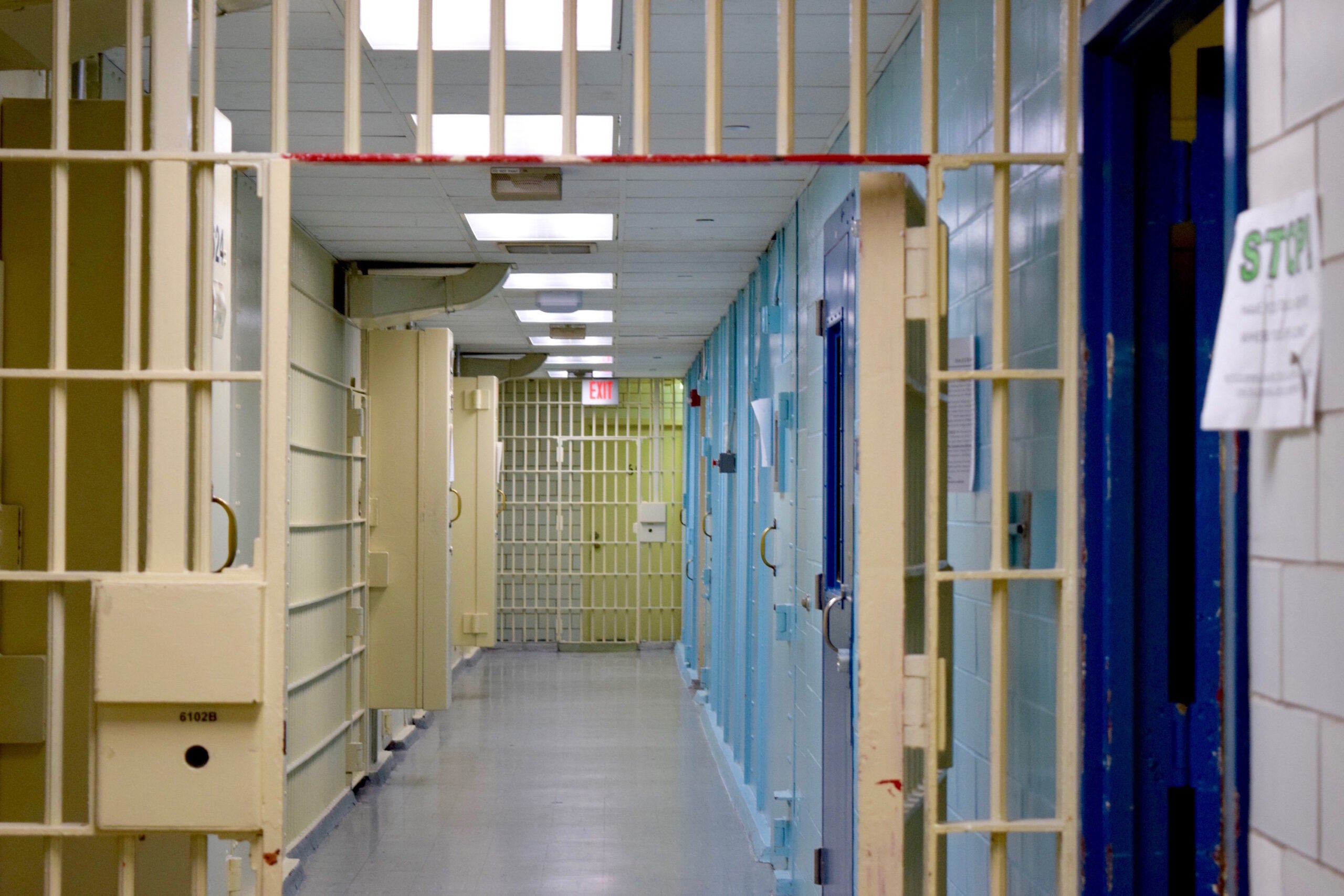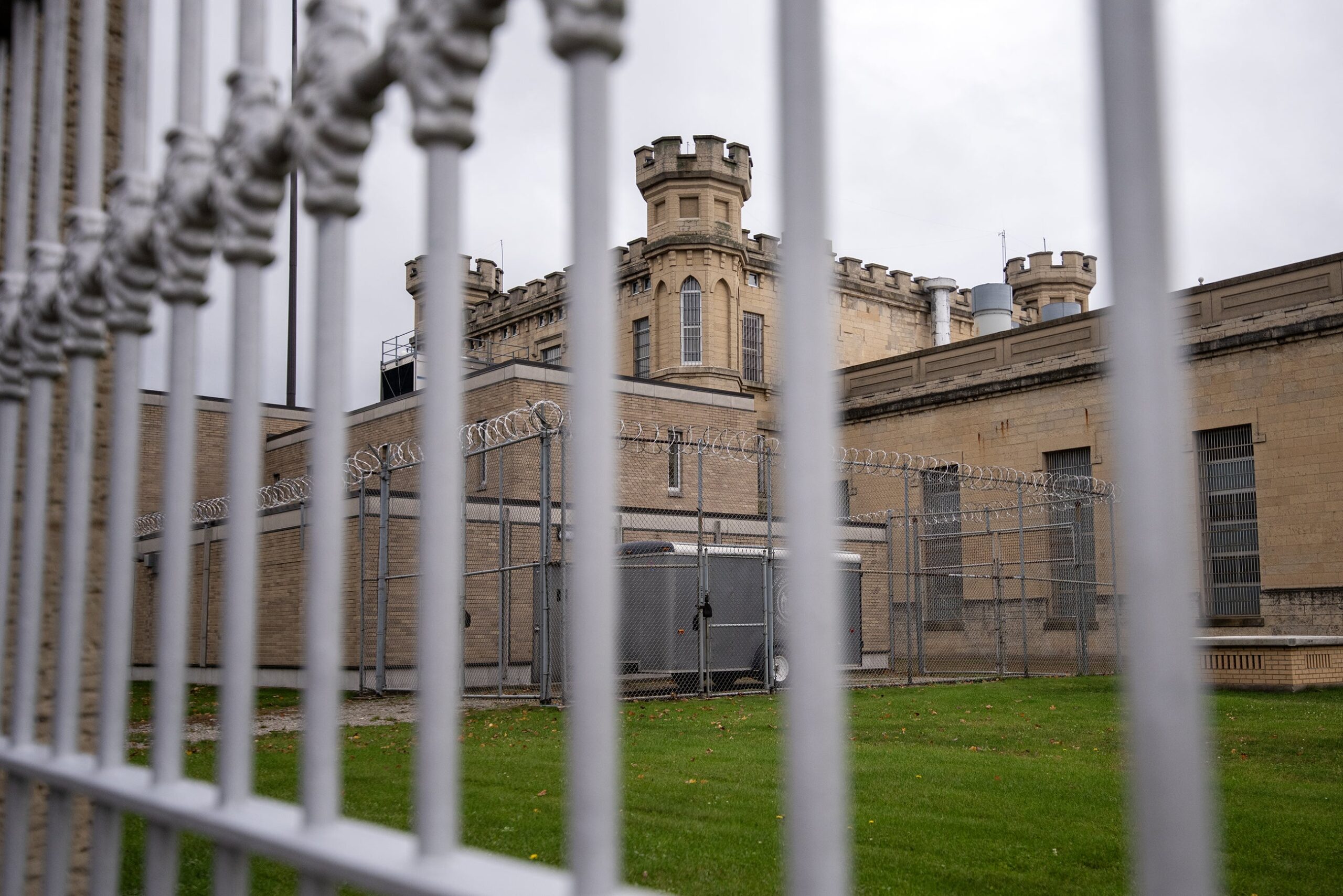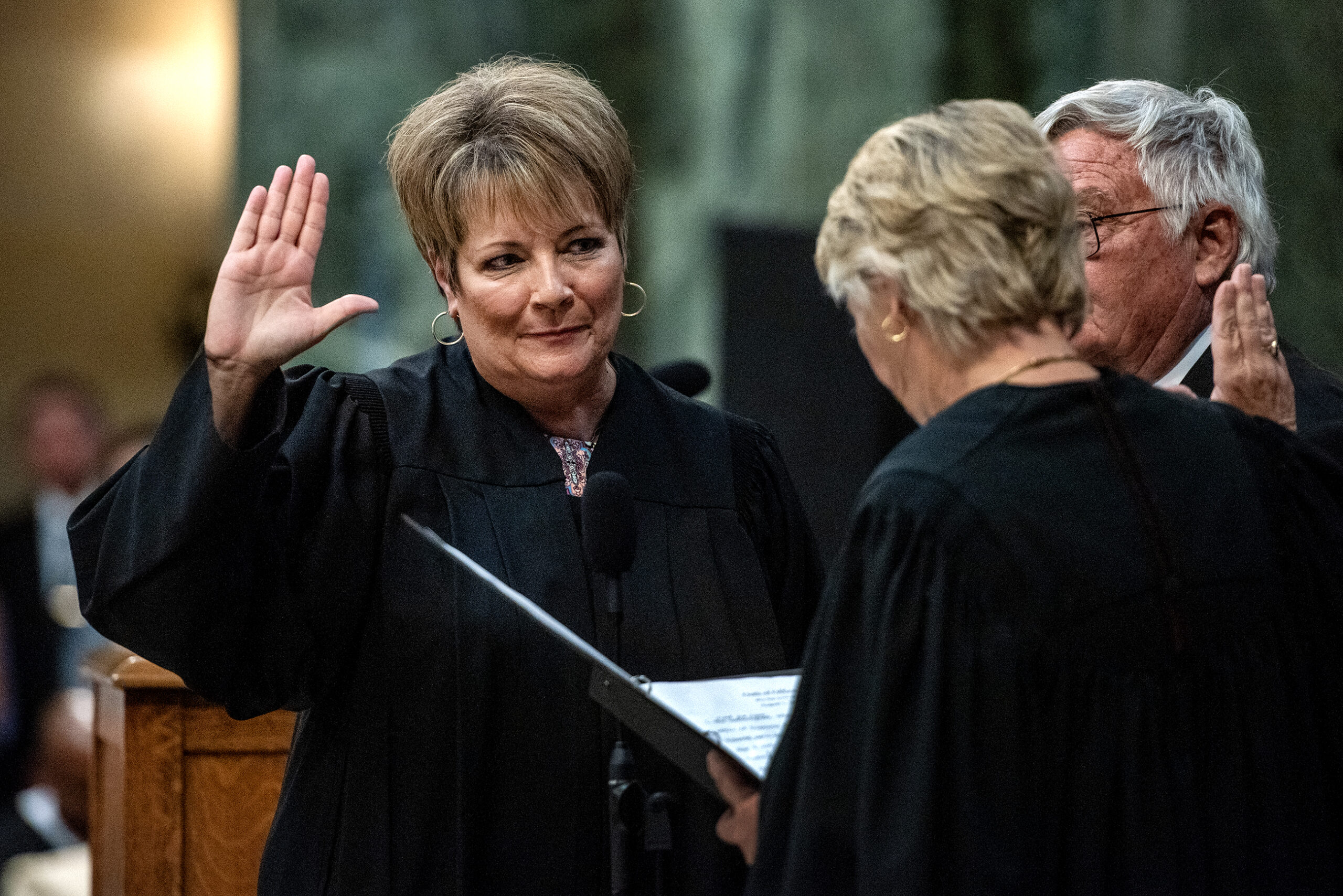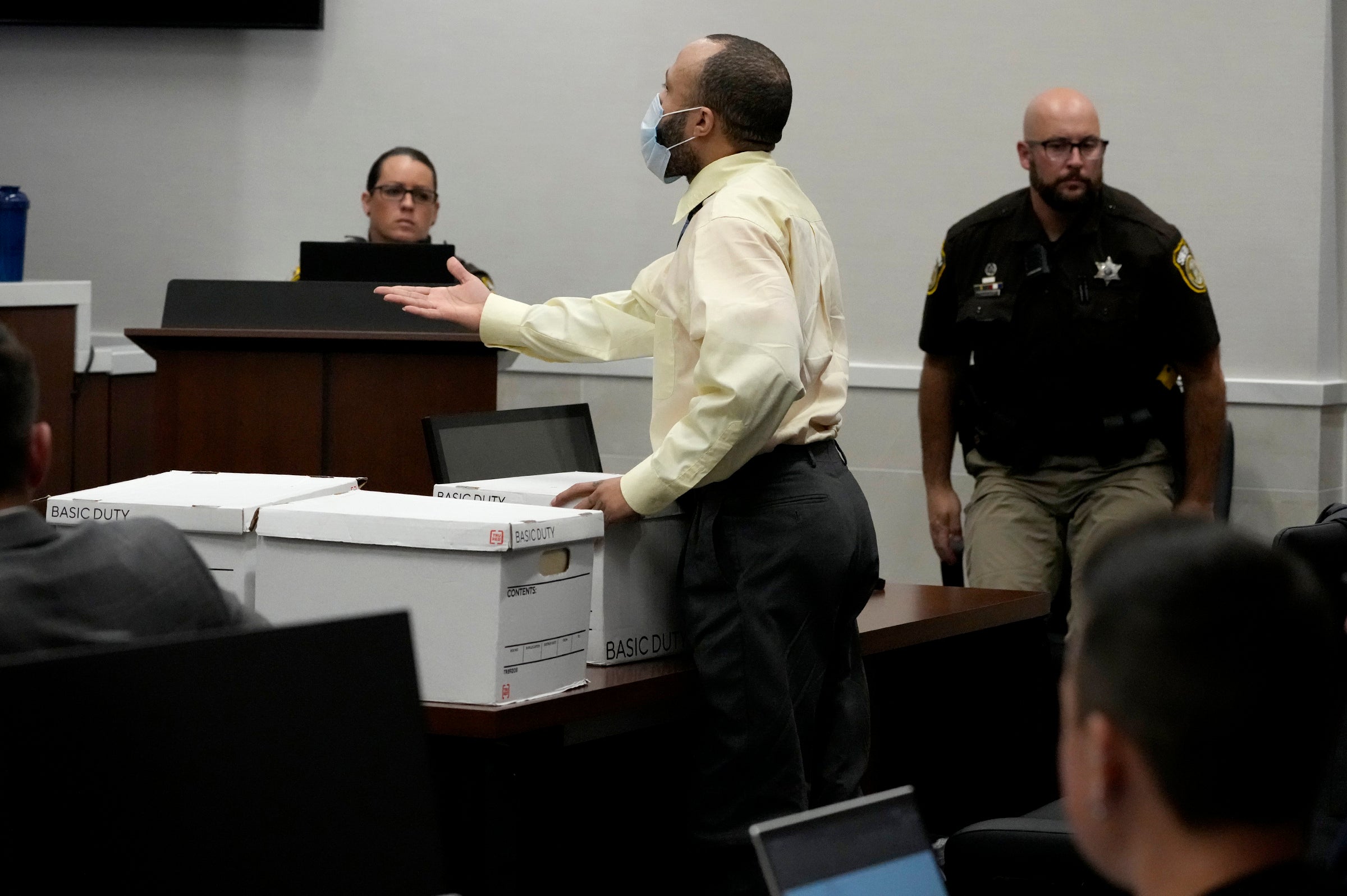Wisconsin lawmakers are drafting legislation that would change the state constitution with the hope of improving public safety and protecting the legal rights of people charged with crimes. The proposals come from a legislative committee that’s studying potential changes to bail and conditions of release for criminal defendants.
Currently, the Wisconsin Constitution makes anyone charged with a crime eligible for release with conditions that ensure they’ll appear in court. Courts can deny release before trial in the most serious cases where people are charged with violent crimes like murder. In some circumstances, conditions for release may include signature bond or cash bail imposed to assure that people will appear in court.
Under the draft legislation, lawmakers are proposing to amend the state Constitution to make it easier for prosecutors to ask courts to detain people charged with any crime — not just violent crimes — where people are considered a flight risk or a threat to society. It would also allow defendants to be held for longer periods of time.
Stay informed on the latest news
Sign up for WPR’s email newsletter.
Lawmakers are also suggesting to replace current factors courts consider when imposing bail or pretrial release, such as the severity of the charges or criminal history, with those used in a public safety assessment developed by the Laura and John Arnold Foundation. The hope is that risk assessments will help better pinpoint who is most likely to reoffend before trial or fail to appear in court.
Meanwhile, some are pushing for accompanying changes to the way the state handles cash bail. Committee member and Rep. Evan Goyke, D-Milwaukee, said he’d like Wisconsin to follow other states like California and New Jersey that have reduced or eliminated cash bail in exchange for holding people until trial.
“Most of the individuals under those systems are released without cash bail,” Goyke said. “We hold the highest risk, highest need individuals.“
Under the current system, some fear cash bail creates disparity between low-income people who wait in jail while people who are better off can buy their freedom before trial.
“Two people facing the same charge with the same amount of money bail over their head may have different outcomes … It won’t really be about whether or not they’re more dangerous or whether or not they’ll come back to court,” said Goyke. “It’s really based on whether or not they can pay money to get out.”
Bayfield County Sheriff Paul Susienka, also a committee member, said law enforcement, lawmakers and judicial officials want to see the pretrial process become more effective and equitable.
“We don’t want to see people in jail for long periods of time because they can’t meet a $200 bond, for example,” he said. “That doesn’t have any public safety interest and that doesn’t have any rehabilitative effect either.”
But reducing or eliminating cash bail is not currently part of the draft legislation.
Committee chairman Sen. Van Wanggaard, R-Racine, told the Wisconsin State Journal that he doesn’t want to eliminate cash bail entirely as a way to compel defendants to appear in court.
In recent weeks, Assistant Chief Robert Abraham with the La Crosse Police Department aired grievances with the decision of a La Crosse County judge to lower cash bail for a man facing charges connected to a December shooting. The man reportedly was apprehended hours after release on other drug charges.
La Crosse Police Captain Jason Melby said the county is among seven pilot sites statewide that are examining evidence-based methods to reform the pretrial process. He said part of an effective system is “releasing the right people, but also detaining the right people.”
“I think there has to be a balance struck legislatively so that our local criminal justice systems can effectively do that,” he said.
Michael O’Hear, a law professor with Marquette University, said counties statewide are already moving to examine their pretrial process as they’re contending with higher jail populations that are forcing some to consider building new facilities. He noted the committee appears to be working to strike a bargain that recognizes the concerns of prosecutors who want to keep communities safe from dangerous individuals and defense attorneys who want to protect their clients’ rights.
“Prosecutors get easier pretrial detention processes for high-risk offenders or high-risk defendants. On the defense side, the use of cash bail would be discouraged or reduced,” he said. “Instead of having a cash-based system, we would switch to a risk-based system where people would be held pretrial based on how risky they’re determined to be.”
However, he noted the committee’s draft legislation appears to be unbalanced in favor of the prosecution.
“This trade-off really only works if there are enough assurances that pretrial detention will be limited to demonstrably high-risk defendants,” he said. “Thus far, I’m not so sure those safeguards are in place.”
O’Hear said the proposals need a more well-defined, rigorous standard that outlines the level of risk a person must pose to society in order to justify holding someone prior to trial.
“They are presumed to be innocent, and so they should be permitted their freedom before they’re convicted unless there is a rigorous, statistically valid demonstration of the risk,” said O’Hear. “That kind of standard needs to be developed and worked into the legislation.”
The committee will discuss the draft legislation at its next meeting this month, which faces a number of hurdles before advancing. Goyke said the proposals, if approved, would still have to make it through another legislative committee, as well as division between the Legislature and democratic Gov.-elect Tony Evers. Evers is set to be inaugurated on Monday, Jan. 7, 2019.
Wisconsin Public Radio, © Copyright 2024, Board of Regents of the University of Wisconsin System and Wisconsin Educational Communications Board.






